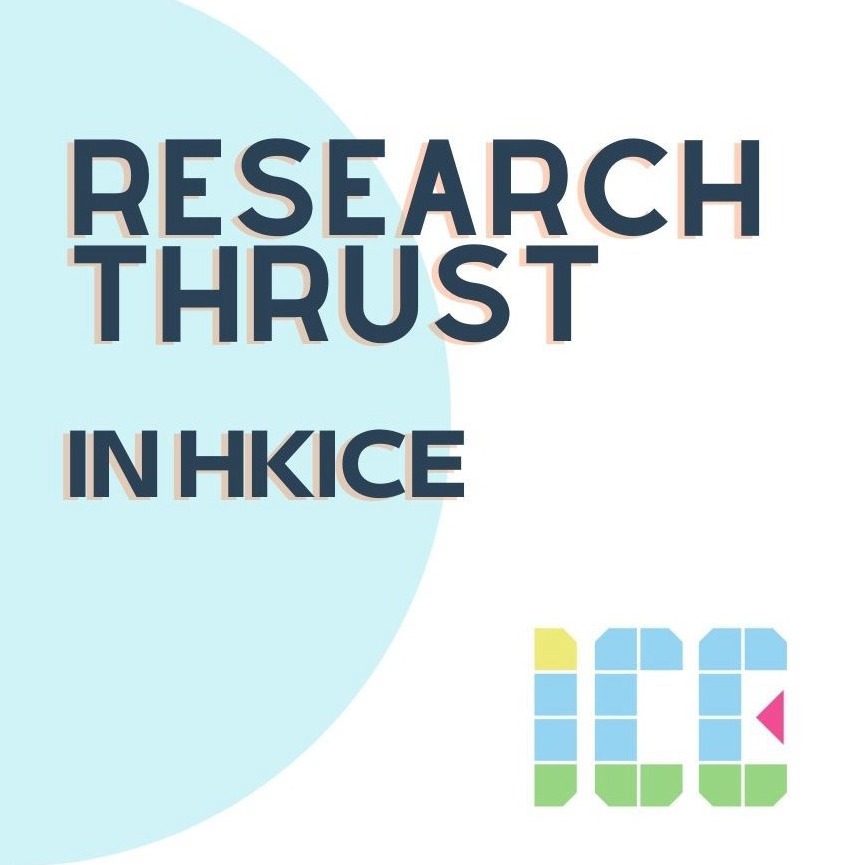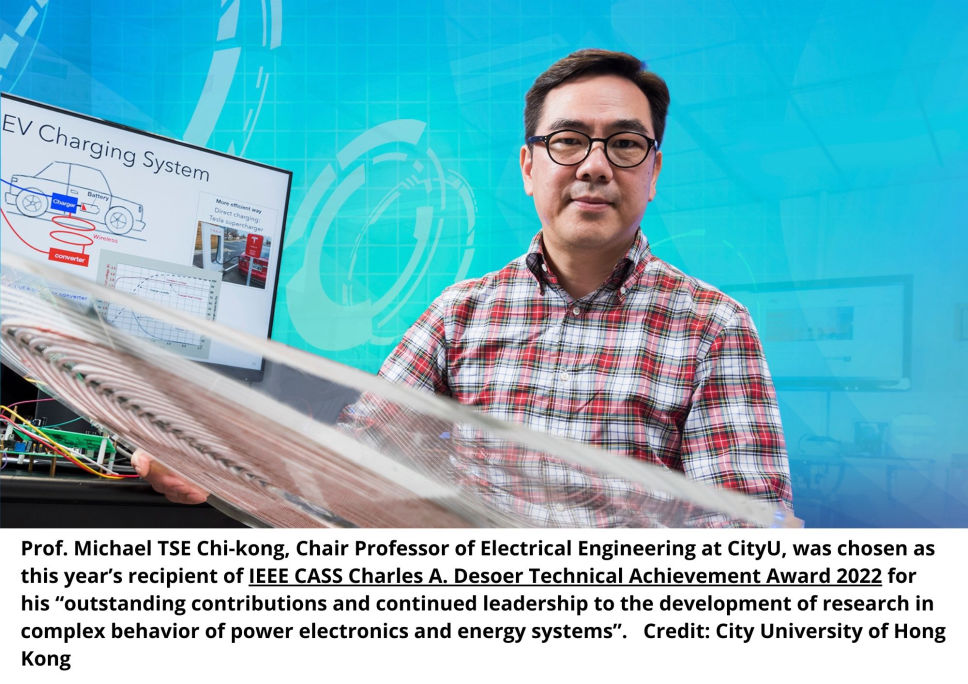
Energy Distribution
01
Grid Technologies and Power Electronics
▪ Renewables Integration and Microgrid Technologies
▪ Multi-energy Systems and Grids
▪ Machine Intelligence for Power Electronics

▪ Renewables Integration and Microgrid Technologies
▪ Multi-energy Systems and Grids
▪ Machine Intelligence for Power Electronics



Renewable energy nowadays shares an important sector of >10% of global electric power systems, and is expected to grow continuously in the future. The high penetration of renewables directly affects the generation mix and the daily generation meeting demand, since this renewable energy supply continuously varies depending on weather conditions and causes a dynamic mismatch between supply and demand. Other conventional power must respond accordingly to maintain a stable and reliable power supply. Active loads which are power-electronics based also affect the stability of the power distribution system as these active loads reduce the system’s damping significantly, leading to oscillations in a wide range of frequencies.
Grid flexibility is challenging as most existing grids were not built to accommodate intermittent renewables. New technologies integrating renewable and distributed energy sources, including solar and power storage systems, into the power distribution system require advanced technologies like grid-forming power converters and smart inverters for stable and resilient grid operations.
In view of the pressing need for maintaining the
needed resilience, functionality, and efficiency of power
grids, our globally leading, interdisciplinary HKICE team
has initiated the study of the various problems of power
electronics penetration into power grids and their
implications on the stability and robustness of power
networks. We specifically aim at bringing together two
distinct perspectives, namely, bottom-up (local) and top-down (global) perspectives, and examine the current
progress and future direction of research in power systems
amidst the extensive deployment of power electronics.
Prof. Henry CHUNG Shu-hung
Prof. Michael TSE Chi Kong
Prof. Michael TSE Chi Kong
Prof. Michael TSE Chi Kong
Follow Us